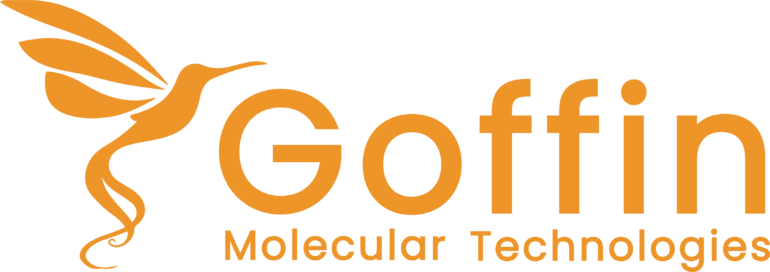
X
- No products in the list

The Meningitis Panel by Igenesis offers precise, multiplex detection of 11 pathogens linked to meningitis and encephalitis, directly from cerebrospinal fluid and whole blood. Utilizing PCR with melting curve analysis, the assay runs in a fully automated, closed iCassette system compatible with Galaxy Neo, Lite, and Pro platforms.
The panel detects critical bacterial, fungal, and mycobacterial pathogens—including Neisseria meningitidis, Streptococcus pneumoniae, Escherichia coli, Mycobacterium tuberculosis, and Cryptococcus—enabling rapid identification of central nervous system (CNS) infections in clinical settings.
Each kit includes 12 single-use iCassettes and control reagents, ensuring streamlined workflow and reduced contamination risk. With no sample pretreatment required and minimal hands-on time, the Meningitis Panel supports faster, more informed clinical decision-making.
The Meningitis Panel from Igenesis detects and differentiates 11 pathogens commonly associated with meningitis and encephalitis. Each is identified by its unique melting temperature (Tm) curve using a combination of specific primers and probes:
Neisseria meningitidis
Haemophilus influenzae
Streptococcus pneumoniae
Group A Streptococcus
Streptococcus agalactiae
Streptococcus suis
Escherichia coli
Listeria monocytogenes
Staphylococcus aureus
Mycobacterium tuberculosis
Cryptococcus
Each test uses a single sealed iCassette for automated processing. The melting curve output allows for accurate, pathogen-specific identification in a matter of hours.
CNS infections are medical emergencies that require rapid, accurate pathogen identification. The pathogens in this Meningitis Panel represent key causes of meningitis and encephalitis across patient populations:
Bacterial pathogens like Neisseria meningitidis, Streptococcus pneumoniae, and Listeria monocytogenes are leading causes of acute bacterial meningitis, particularly in children and elderly patients.
Fungal agents such as Cryptococcus play a major role in immunocompromised populations, especially in HIV/AIDS patients.
Mycobacterium tuberculosis is a critical target due to the global burden of tuberculous meningitis.
*Group A Streptococcus, Staphylococcus aureus, and E. coli are essential for neonatal, post-operative, or healthcare-associated cases.
Differentiating between these pathogens is essential to guide antimicrobial therapy, improve prognosis, and prevent sequelae.
The Encephalitis and Meningitis Syndrome 11-Pathogen Nucleic Acid Detection Kit by Igenesis is a multiplex diagnostic assay for cerebrospinal fluid (CSF) and whole blood specimens. The kit uses proprietary iCassette technology, enabling fully enclosed sample processing from start to finish.
Each kit contains:
12 MES11 iCassettes with integrated magnetic bead-based extraction and lyophilized reagents
Positive and negative controls
Sterile deionized water for sample dilution and reconstitution
Once loaded, the iCassette is automatically processed by Galaxy instruments. The QR code on each cassette ensures protocol matching and traceability.
The assay detects target gene regions with minimal risk of mutation, and its design ensures a limit of detection (LoD) of 500 copies/mL with a precision CV <5%.
This Meningitis Panel utilizes multiplex PCR with melting curve analysis to identify pathogens in a single run:
Sample Input: Add CSF or whole blood directly into the MES11 iCassette. No pretreatment required.
Ultrasonication: Optional for blood samples (automated within Galaxy Neo).
Fully Automated Run: Load the cassette into the Galaxy instrument. The device scans the QR code, executes the matched protocol, and performs lysis, extraction, amplification, and analysis.
Melting Curve Analysis: Software identifies pathogen-specific Tm peaks in FAM, CY5, and ROX channels.
Result Interpretation: Each run outputs a full result set including Tm values, internal control status, and strain identification.
This streamlined workflow is ideal for emergency diagnostics and 24/7 lab settings.
The Igenesis Meningitis Panel is suited for:
Hospital microbiology labs handling urgent meningitis cases
Neurology and ICU departments requiring rapid CNS pathogen identification
Public health laboratories monitoring outbreak scenarios
Neonatal and pediatric testing for fast identification of sepsis-related meningitis
Tertiary care and infectious disease centers seeking differential diagnostics of CNS infections
By targeting both common and high-risk meningitis pathogens in a single run, this panel enhances diagnostic efficiency, reduces time-to-result, and improves patient outcomes.
IFU
For any missing information or if you require additional details, please do not hesitate to contact us.
Subscribe to our newsletter.